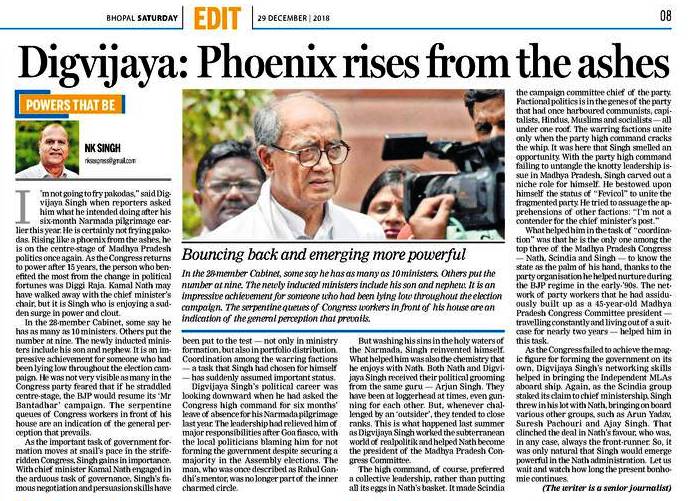Resentment against hike in bus fare mounting in Bhopal

NK SINGH Though a Govt. directive has frustrated the earlier efforts of the MPSRTC to increase the city bus fares by as much as 300 per cent, the public resent even the 25 per cent hike. It is "totally unjust, uncalled for and arbitrary", this is the consensus that has emerged from an opinion conducted by "Commoner" among a cross-section of politicians, public men, trade union leaders, and last but not least, the common bus travelling public. However, a section of the people held, that an average passenger would not grudge a slight pinche in his pocket provided the MPSRTC toned up its services. But far from being satisfactory, the MPSRTC-run city bus service in the capital is an endless tale of woe. Hours of long waiting, over-crowding people clinging to window panes frequent breakdowns, age-old fleet of buses, unimaginative routes and the attitude of passengers one can be patient only when he is sure to get into the next bus are some of the ills plaguing the city b...

Comments
Post a Comment
Thanks for your comment. It will be published shortly by the Editor.